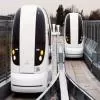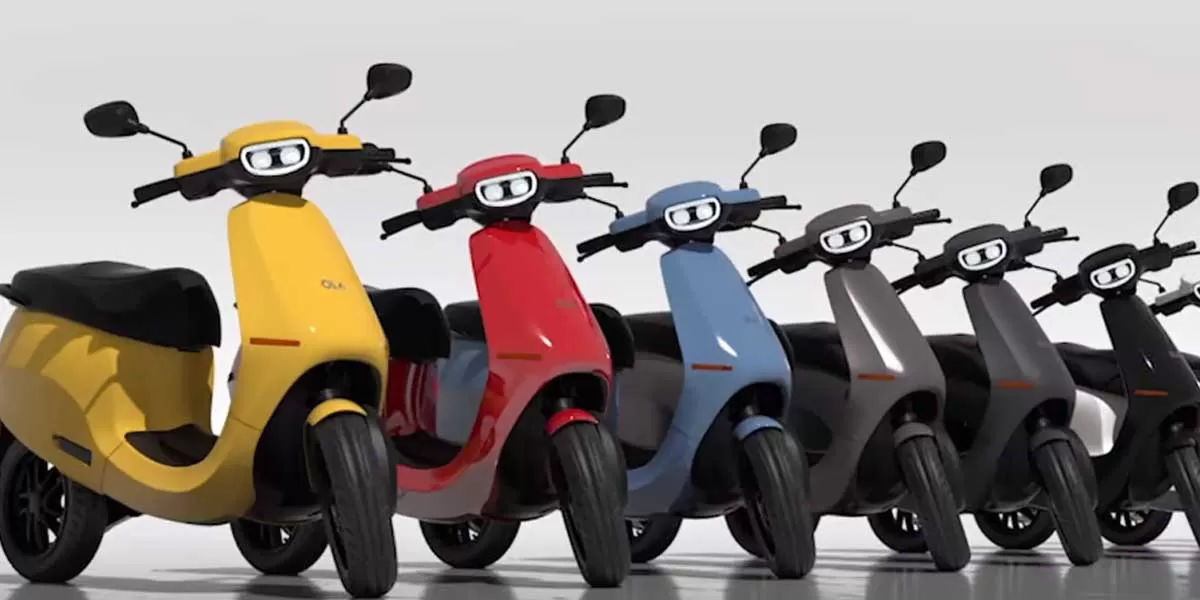
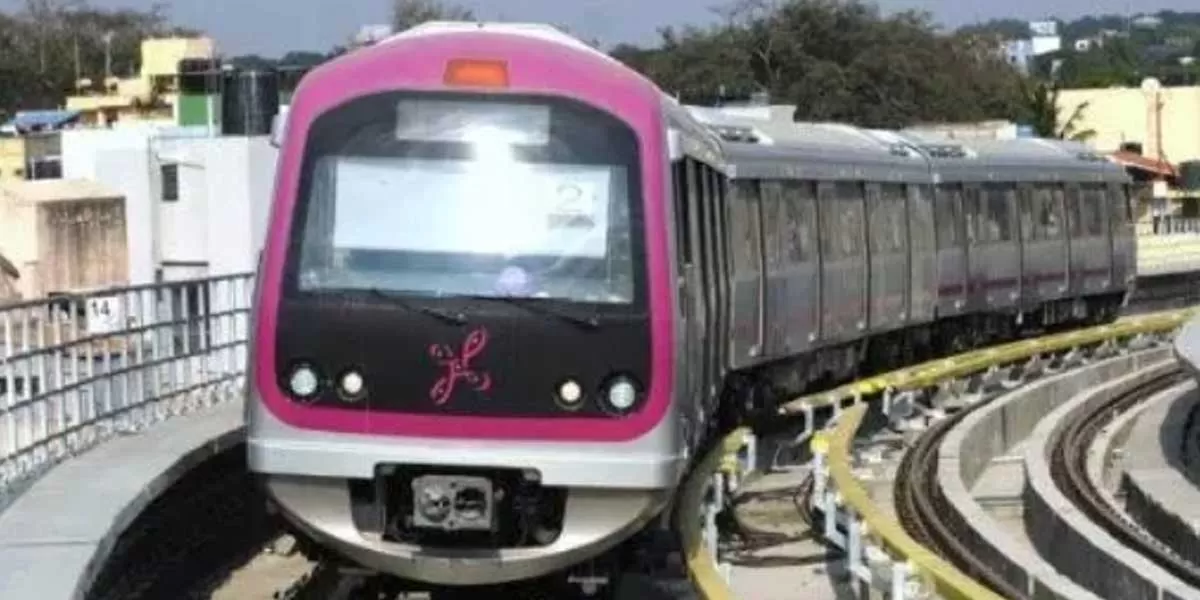
Bengaluru’s Pink Line 95% Complete
Bengaluru Metro Rail Corporation Limited (BMRCL) has announced that 95% of the tunneling work for the Pink Line of Namma Metro is complete, with the 21-km stretch expected to be operational by 2026. The corridor runs from Kalena Agrahara in South Bengaluru to Nagawara in the North, including a 13.8-km underground section from Dairy Circle to Nagawara. BMRCL Chief Engineer (Underground), Subrahmanya Gudge, highlighted that the Pink Line stations will generally have only two entries, except MG Road Metro station, which will feature four to prevent road crossings. He also emphasized how lessons ..
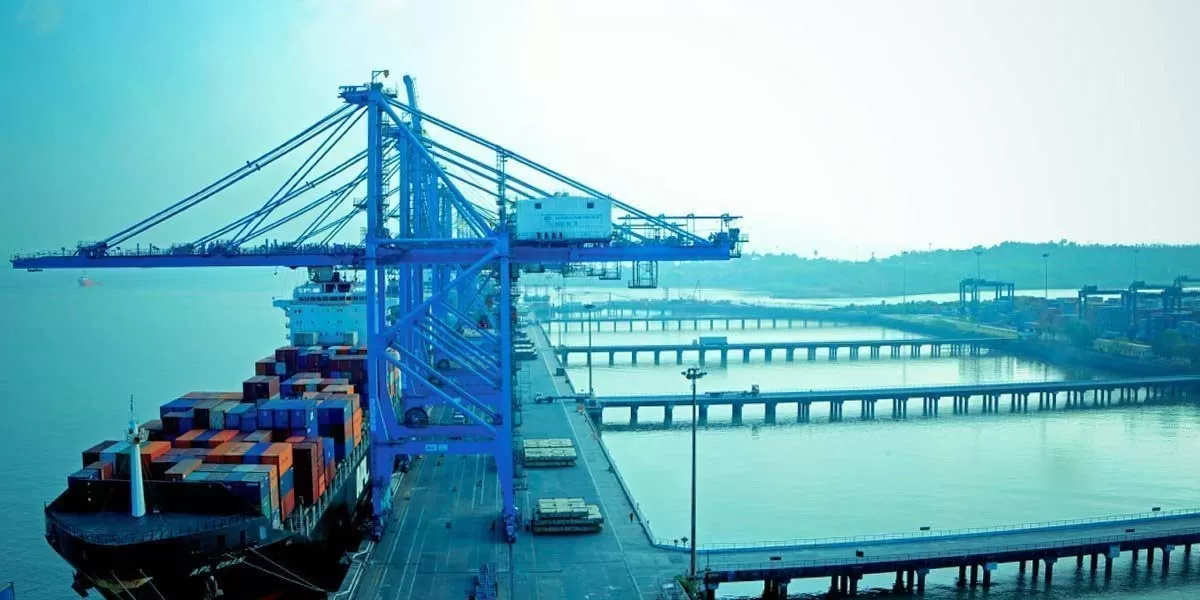
Jogighopa Terminal Boosts Trilateral Trade
Union Minister of Ports, Shipping and Waterways Sarbananda Sonowal inaugurated an Inland Waterways Terminal (IWT) on the Brahmaputra in Assam’s Jogighopa. The terminal, built at a cost of $9.8 million is set to enhance trade and connectivity in Eastern India. To mark the occasion, the Minister flagged off two ships, MV Padma Navigation-II and MV Trishul, and two barges, Ajay and Dikshu, carrying 110 metric tonnes of coal and stone chips to Bangladesh. “The IWT terminal at Jogighopa is set to transform the connectivity in the region and bolster our trilateral trade with Bhutan and Banglad..
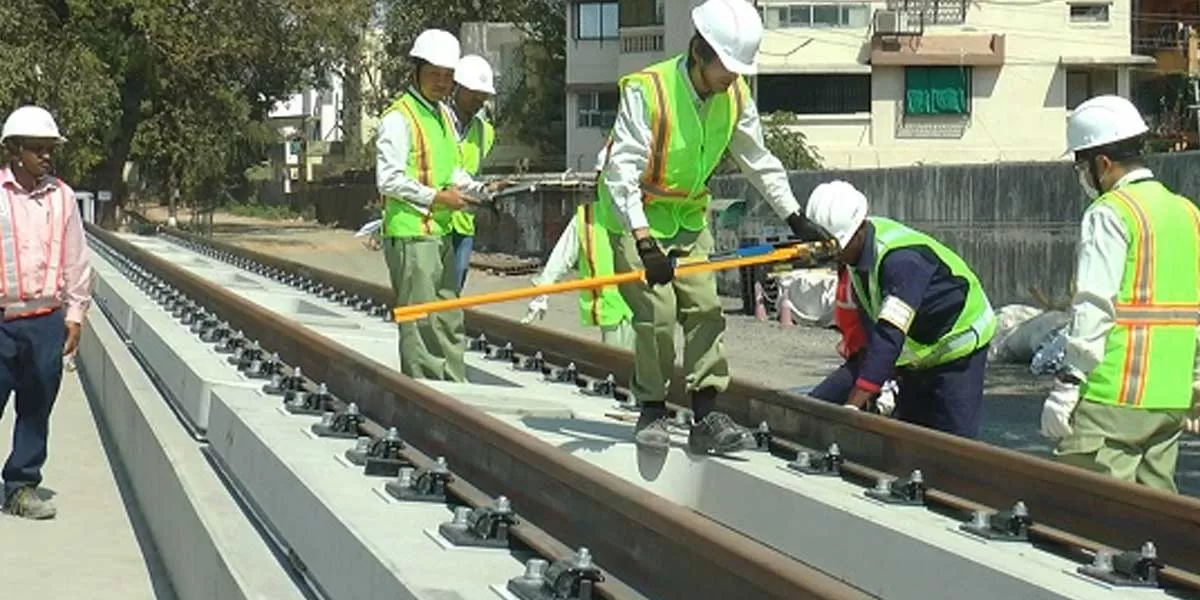
IRCON Wins $75M Mumbai Metro Line 6 Contract
The Mumbai Metropolitan Region Development Authority (MMRDA) has declared IRCON International the lowest bidder for Package CA-233 of Mumbai Metro Line 6 (Pink Line), a 15.18 km corridor connecting Swami Samarth Nagar (Lokhandwala) to Vikhroli. MMRDA floated the tender in January 2024 with an estimated cost of $71 million. Four firms submitted bids, with three qualifying for the financial evaluation stage. IRCON emerged as the lowest bidder with an offer of $75 million—just 6.71% above MMRDA’s estimate. Financial Bids (? billion/million): IRCON International – Rs 6.27 billion ($75 mil..





